Our digital life is in the spotlight at Abertay University’s Digital Graduate Show.
For one day only, the School of Design and Informatics will show over 80 honours projects, covering everything from high concept design art and cyber security to virtual reality and emerging tech on Friday, May 27.
The projects focus on everything from online harassment to creating 3D avatars,
It’s all there. From the environment to tackling abuse and dealing with self image, the messages are put across through animation, computer art, 3D modelling, augmented realities and emerging tech
Making a splash
Graduate Duncan Readle created a lush digital world by converting traditional 2D imagery into a 3D experience.
Duncan’s resultant ‘Botanical Garden’ is inspired by environmental design.
““I wanted my honours project to be something big and eye-catching, and when I found the original concept art online I knew I’d found my project,” he says.
“I really enjoy the technical side of environment art, so decided to focus my project on modular environment design and different techniques that can be used to support it.”
Other projects take on pressing matters like online abuse and cultural representation.
Ethical Hacking student Tia Cotton’s game takes on online sexual abuse.
It gives users the tools to learn about and prevent falling victim to technology-assisted sexual violence.
Ethical Hacking is the study of cyber-security, or how to protect internet data and privacy.
“The game focuses mainly on how these crimes are carried out and how to seek help if they become a victim,” Tia explains.
“Technology-facilitated sexual violence is something people have either encountered or heard of, but don’t know what it is or how they would get help.”
“The game not only explains what each crime is, it shows the impact it can have and how people can protect themselves.”
Cultural identity is the dominant theme in Computer Arts graduate Erika Baunach’s project.
Mixed-race video game
Erika created a mixed-race video game character by using organic visuals in a 3D interactive form.
The character explores the tension that comes from being a part of multiple communities.
For Erika, her project was both personal and professional.
“There is an invisible visibility being multi-ethnic as it is recognised within creative industries including video games, but not represented wholeheartedly,” she says.
Cultural issues in the industry
“I wanted to push my technical capabilities through a project that is both personally significant, but also relevant to cultural issues within the creative industry.”
And there’s more. If your interest is in the online world, head to Abertay.
The show is open to the public on Friday, May 27, from 12 pm to 4 pm.
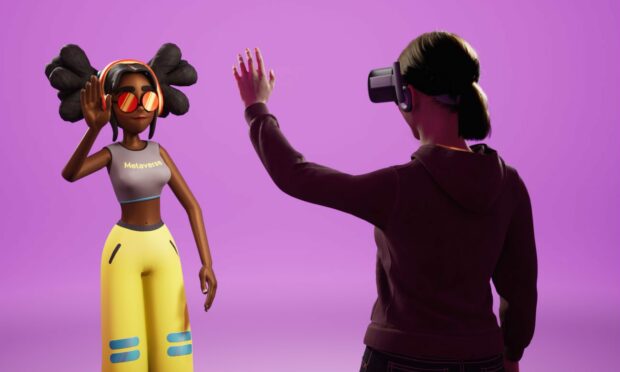
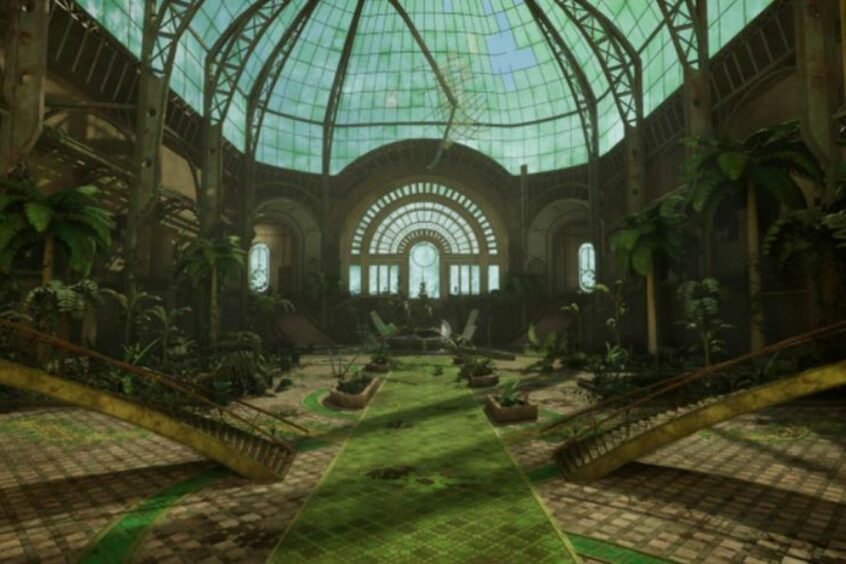
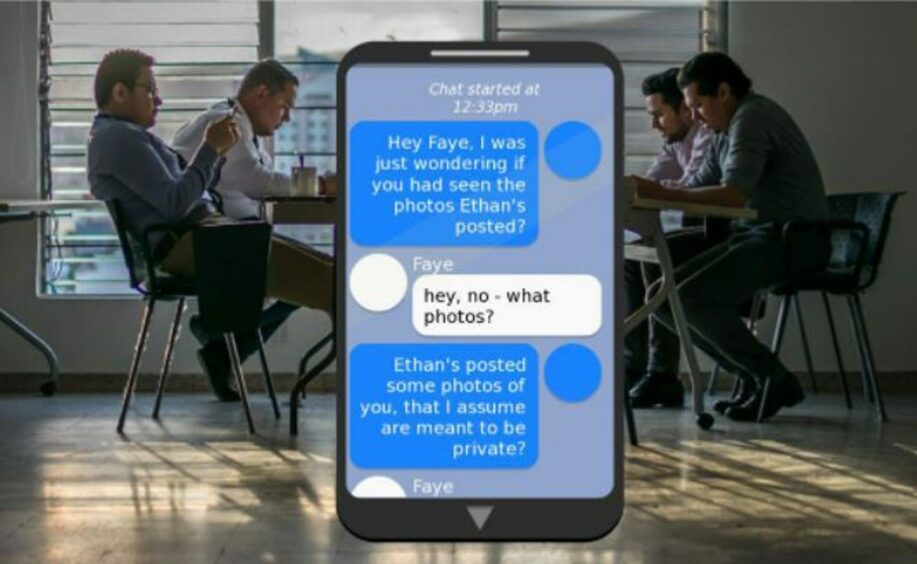
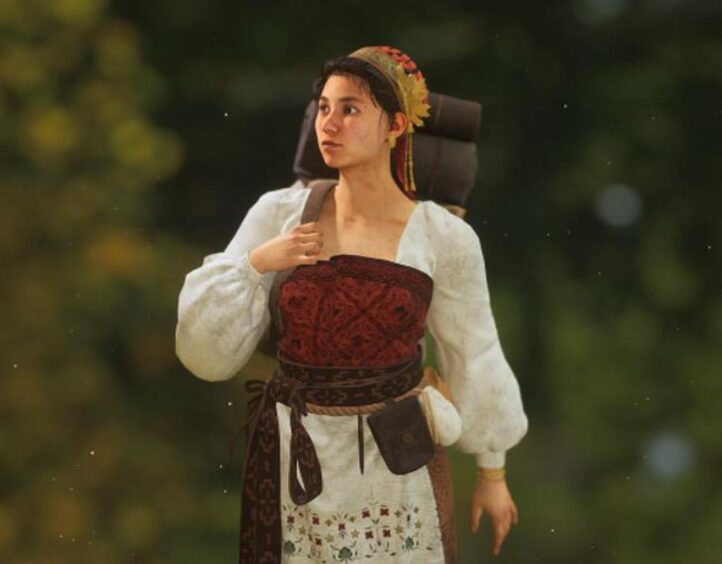
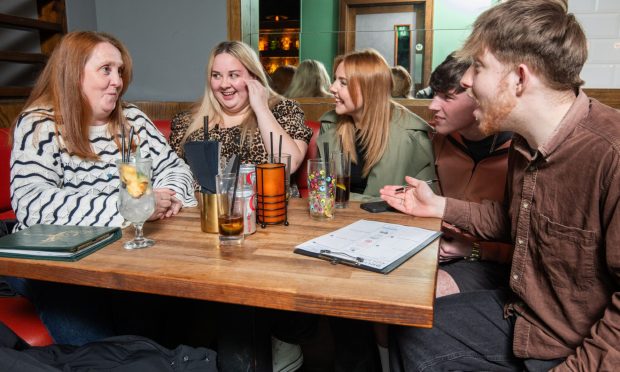
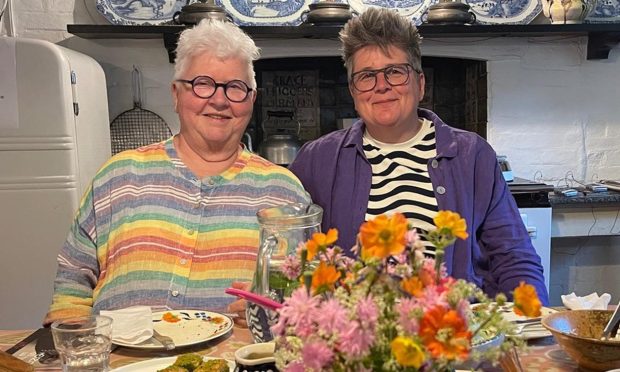


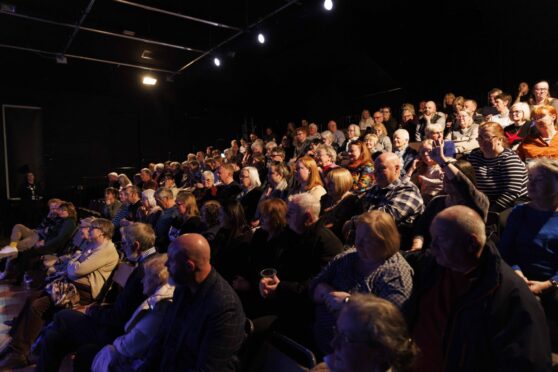




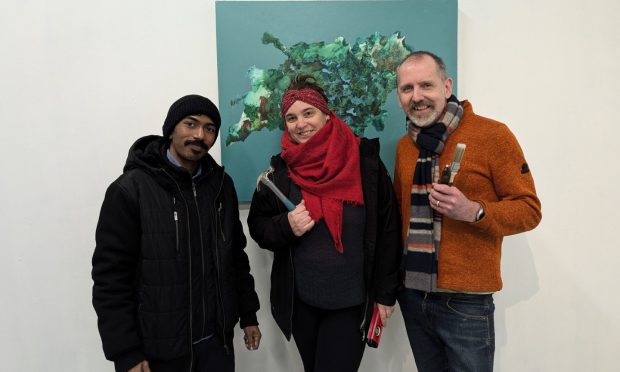
Conversation